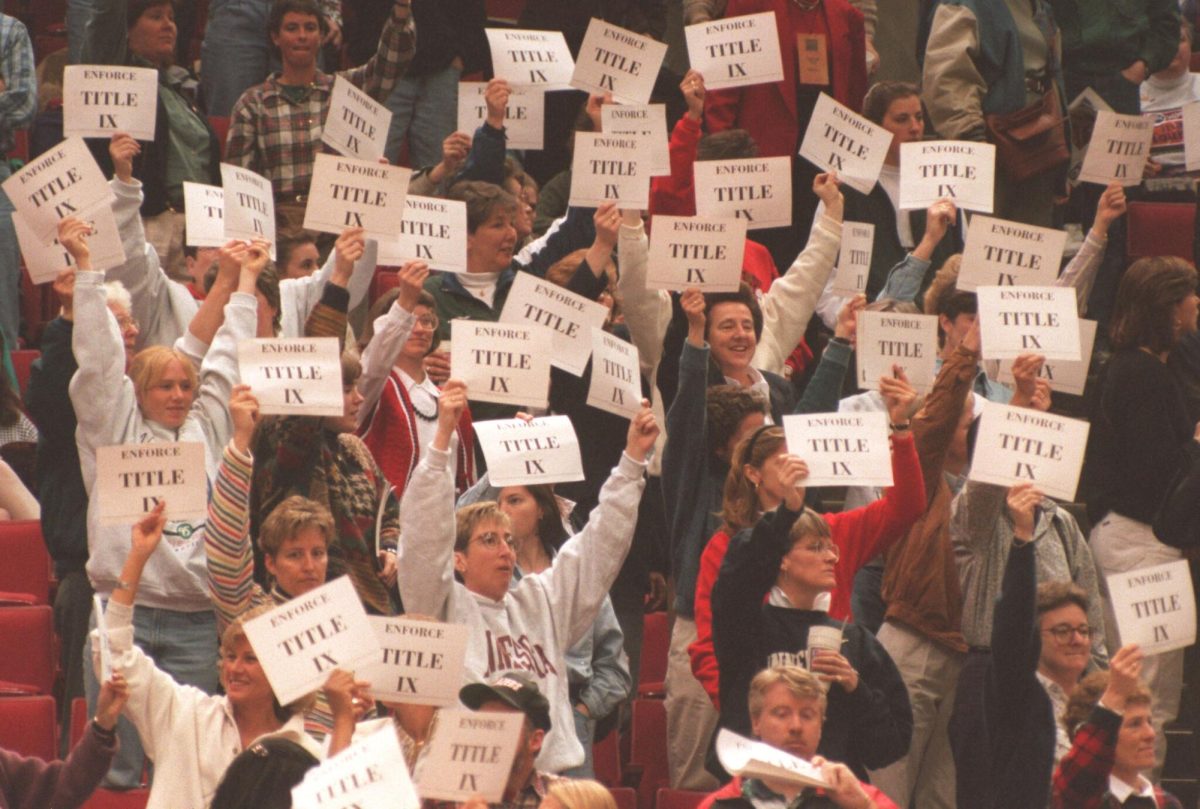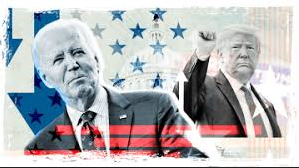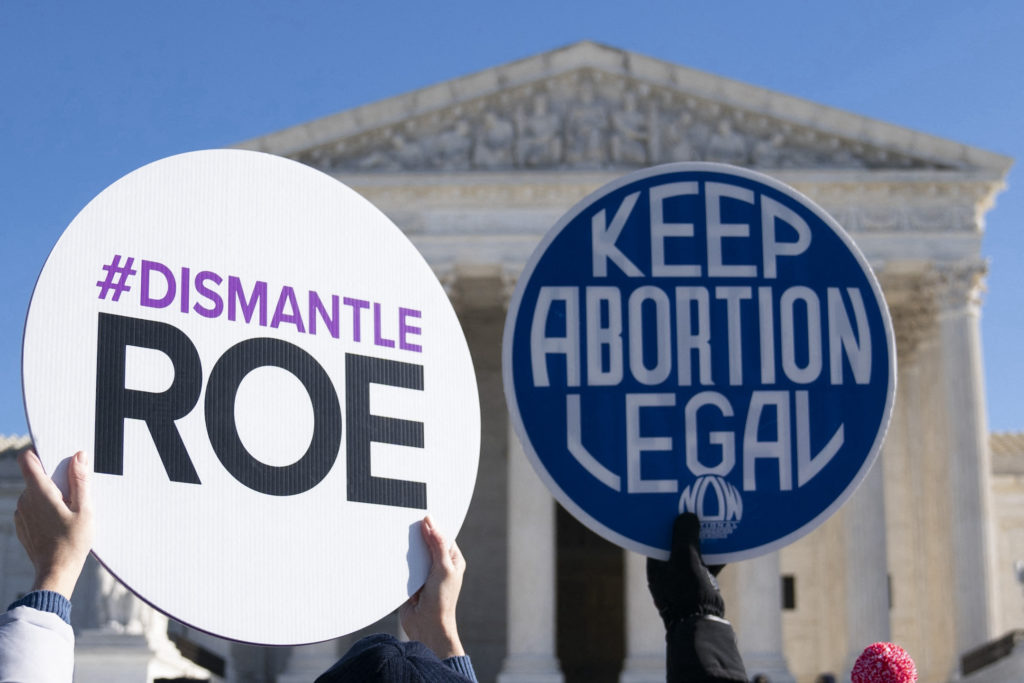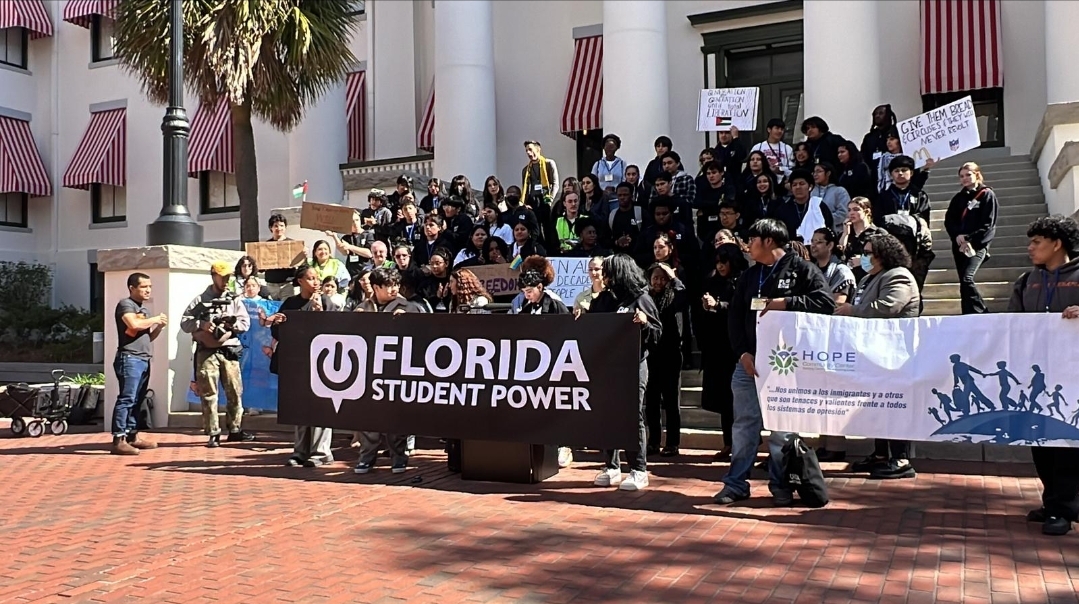TikTok, one of the most popular apps in the world, has recently garnered attention from both sides of the political spectrum. On March 13th, 2024, the House passed a bill that would essentially ban TikTok from the United States. The bill had staggering support from a bipartisan vote of 352-63. Regardless of where you may stand on this topic, there is no doubt that this bill will permanently and profoundly affect this country in more ways than one.
The bill may be new, however, threats of banning the app are not. Just last summer a congressional hearing was held in attempts to achieve a similar outcome. CEO Shou Zi Chew was questioned for around five hours about China’s relationship to the app in regards to user’s data and privacy as well as affiliations to the Chinese Communist Party (CCP). Trump also attempted to ban the app back in 2020 but was blocked by federal courts. This year, the app is under fire for the same reason.
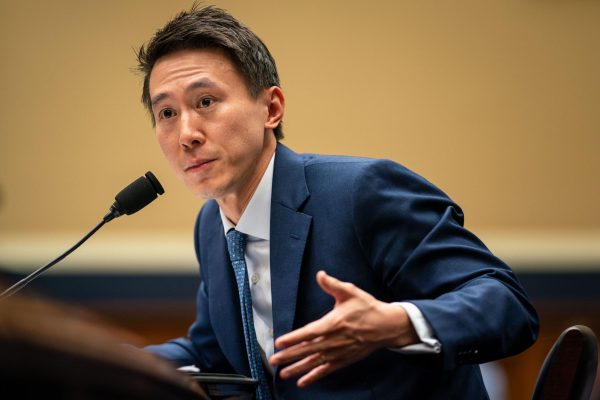
For those who don’t know, TikTok was developed by the internet company ByteDance, which is majority-owned by global investors. It is headquartered in Beijing. However, due to ByteDance’s relation to China, many politicians and leaders are concerned that the app is sharing user data with the Chinese government. They believe by doing so, the Chinese government is spying on Americans or using it to influence U.S. citizens by controlling the types of content shown. According to CNN, since ByteDance is a Chinese-based company, it is required to “assist and cooperate with national intelligence work,” under China’s National Intelligence law. It is also “… legally compelled to establish an in-house Communist Party committee composed of employees who are party members.” However, CEO Chew has said, “ByteDance is not a Chinese company, it is a global company owned by global investors.”
On a side note, TikTok does not operate in Mainland China, nor is it accessible over there. ByteDance developed two apps, one being TikTok, and the other being Douyin, its sister app domestically used in China. Additionally, CEO Chew has stated several times that TikTok has never shared, or even received a request to share any user data with the Chinese government.
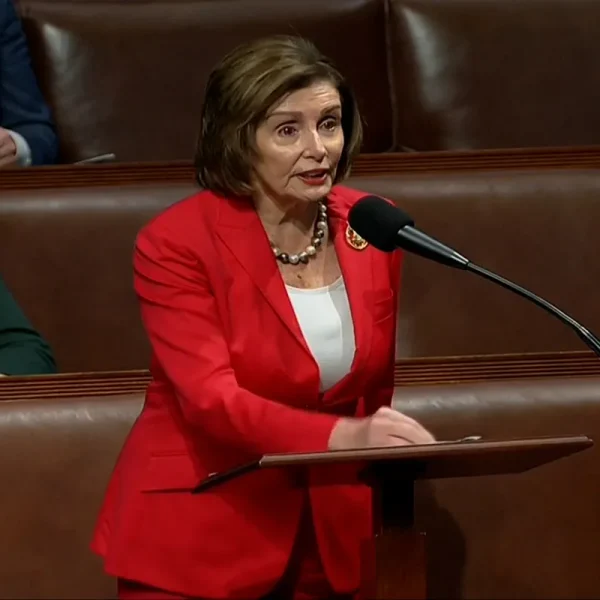
If the bill gets passed, it will affect almost 150 million people in the United States alone, as the U.S. is the biggest contributor to users around the world. Inevitably, this issue has created a range of opinions, starting with Mr. Houvouras who believes, “It is ridiculous and another wonderful sign of government corruption. Every single app on your phone mines your data. The idea that one more app from a foreign country could be used differently is pretty absurd.” Similarly, Junior Ryan Cohen shared, “I think we shouldn’t ban TikTok because there was no decisive evidence that shows that TikTok was/is run by the CCP.” On the other hand, Junior Alexis Rodriguez was in support of the ban. “Many young people are on their phones for periods on end just looking at their screens, scrolling through TikTok,” he pointed out. It is easy to see how the ban will benefit phone-addicted teens, however, most have said they will simply move to Reels—a similarly formatted feature on Instagram.
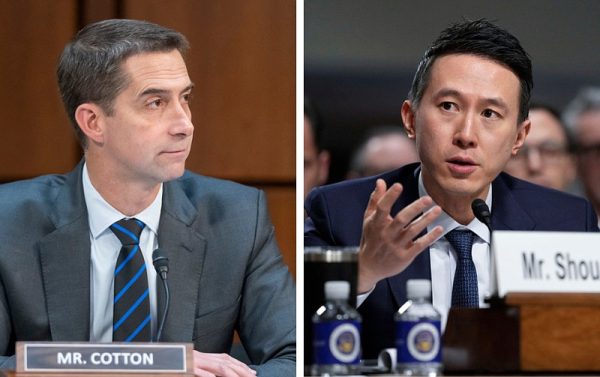
Another problem we run into is that it also runs the risk of being unconstitutional. Junior Richa Shah explained, “This whole situation is a violation of one of our First Amendment rights: the freedom of speech.” She further goes on to say, “Politicians do not want us to receive information that is not being showcased on the news. For example, the Palestine and Israel conflict. TikTok has shown so many of the atrocities and realities of this war that we wouldn’t see on TV, and I truly believe that events like this are what pushed political leaders to impose a ban on TikTok.”
Ultimately, the U.S. has given CEO Chew the choice of either cutting ties to the parent company within six months or facing the app being banned; the other option is to sell it to a non-Chinese company. Whether or not this bill will pass through the Senate is still unknown. However, President Biden has said that if the bill lands on his desk he will sign it.


